Lefevere: ASO and the UCI are holding teams by the balls
Belgian team manager wants a better deal but admits teams are scared of protesting
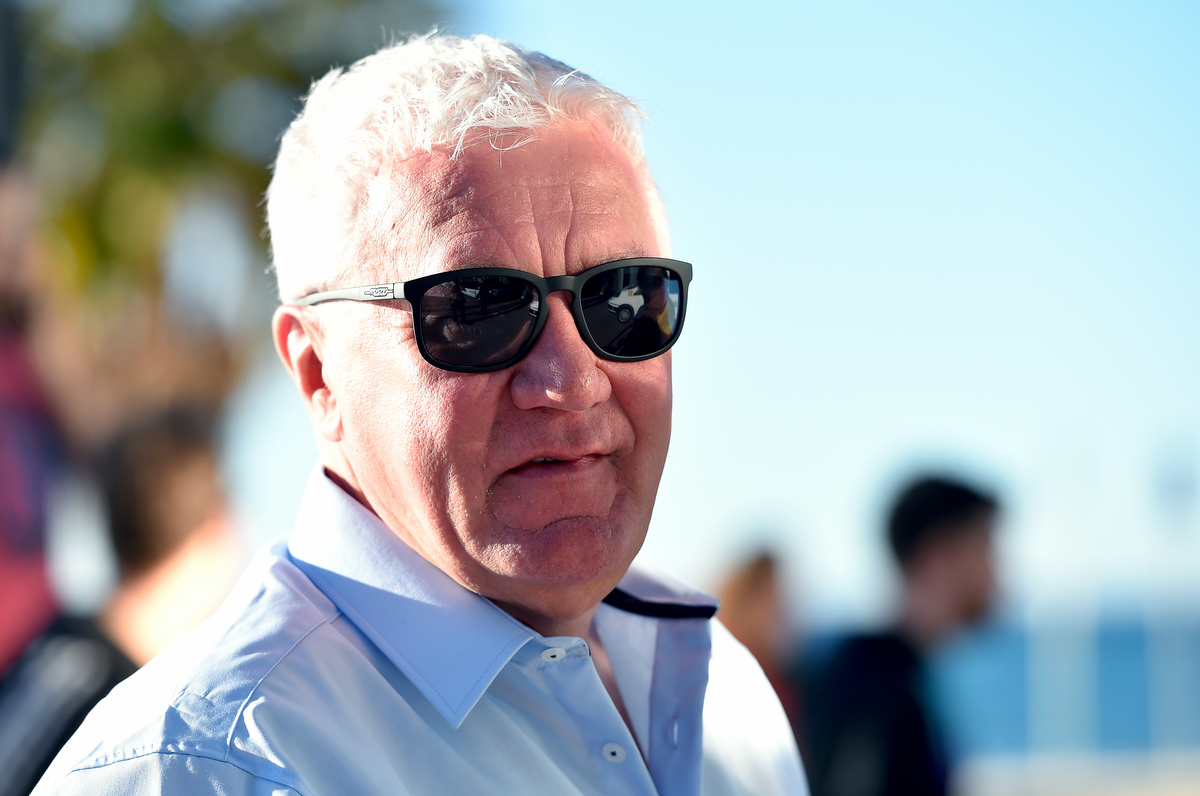
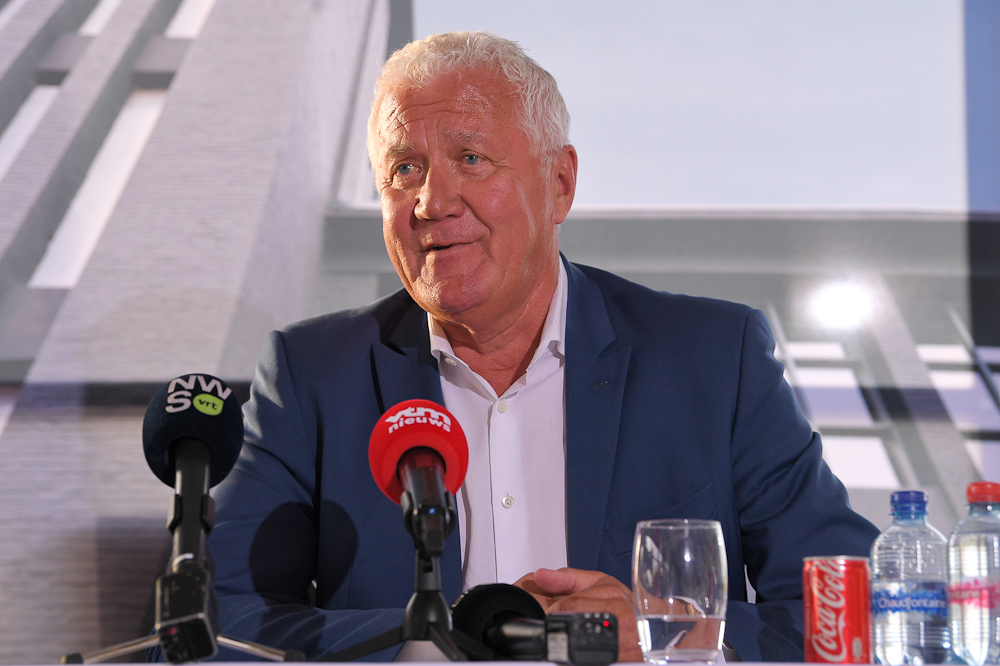
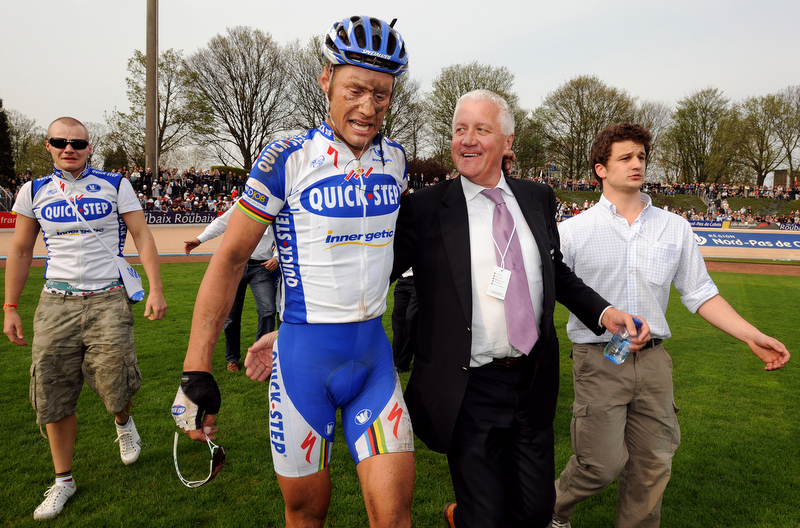
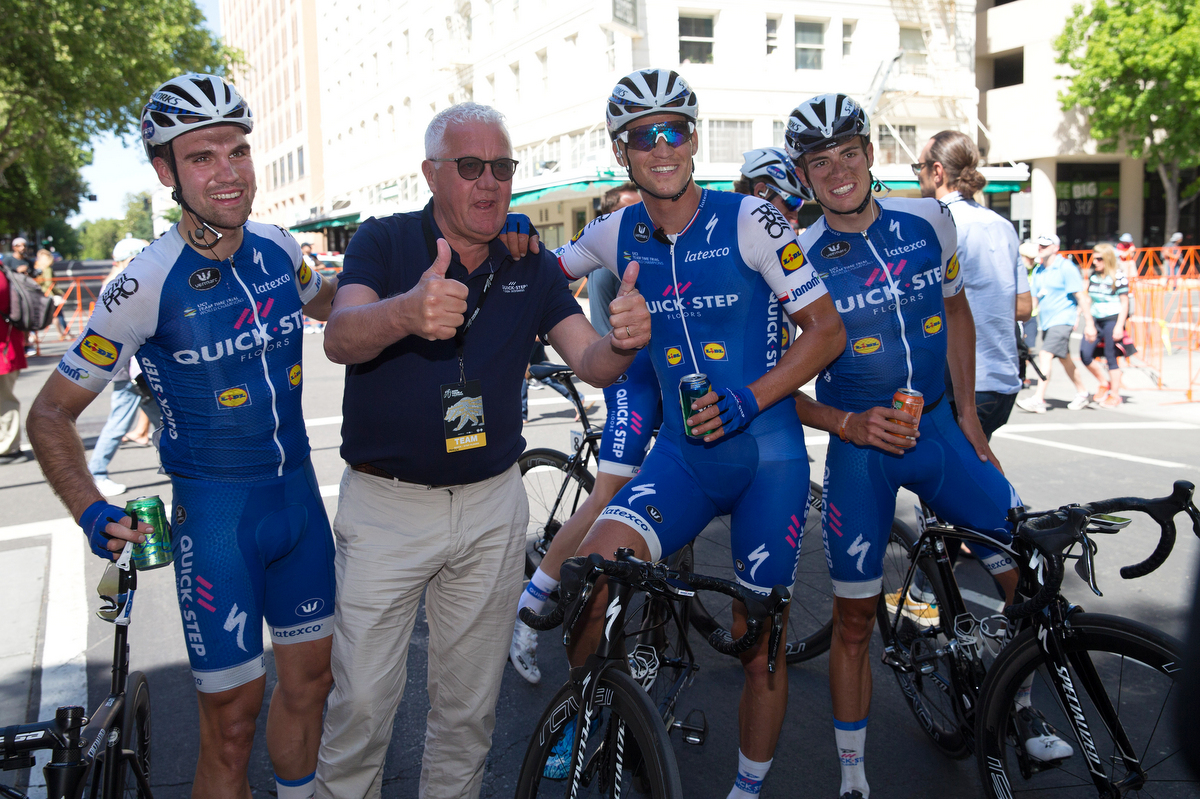
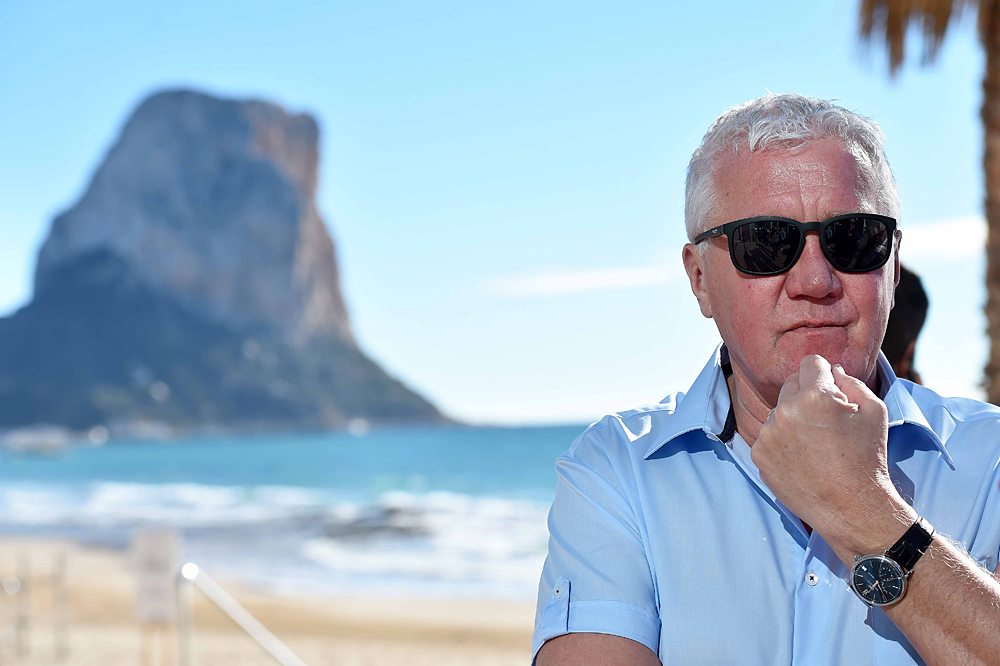
Deceuninck-QuickStep team manager Patrick Lefevere has called on the UCI and race organisers to treat teams better, suggesting that the sport's global body and the Tour de France organiser "have the same goal: hold us by the balls."
However Lefevere hit back by warning: "We have the actors, we pay them and without the actors, there’s no movie."
Lefevere spoke to Cyclingnews as the next three-year phase of the men's WorldTour nears but the frustration amongst leading teams continues to grow.
The much heralded WorldTour reforms pushed through by UCI President David Lappartient have resulted in no significant change to professional cycling's business model, with the team still hugely dependent on sponsorship, while race organisers retain all of the television rights income.
On Tuesday the UCI revealed that 23 teams have confirmed their interest in applying for WorldTour status for 2020-2022, with Arkea-Samsic, Vital Concept, Cofidis, Direct Energie and Israel Cycling Academy joining the current 18 WorldTour teams in the list of names intending to compete in the sport's highest division.
Cyclingnews discovered that the UCI changed the rules to the men's WorldTour to avoid the risk of a possible legal challenge, saving all the current WorldTour teams and allowing up to 20 teams to be part of the sport's most prestigious division between 2020 and 2022.
The UCI has also recently published new rules on on-board technology equipment, such as telemetry, GPS units and video cameras, saying that authorisation is now required from the UCI or the race organiser.
The latest race content, interviews, features, reviews and expert buying guides, direct to your inbox!
This was seen by some as a possible attack on the teams and especially the Velon business group of teams and their strategy of monetizing on-board video images and ride data. Cyclingnews understands the UCI later explained to teams that the new rules concerning on-board technology equipment were focused on helping fight against technological fraud. The UCI has allowed Velon to place their data devices on bikes in recent WorldTour races.
"It's my bike, it's my data. If it's up to me, they'll take it from us over my dead body. We own the data," Lefevere made clear to Cyclingnews.
"Every time there's a new UCI president, its like in normal life, they promise a lot of things before they're elected, then when they're elected, they do a few things but they never think about the 'actors' on stage: the riders.
"But we have the actors, we pay them and without the actors, there’s no movie."
The leading WorldTour and Professional Continental teams have become more united in recent years as part of the Association International des Groupes Cyclistes Professionels (AIGCP) teams association but riders and teams rarely have the courage to go on strike to defend their interests.
"It's because we're weak, we’re always looking for money, so we're never really united," Lefevere suggested.
"It'll never happen like in the NBA or some other US sport where there’s a long strike. Nobody dares to do that because someone would call you sponsor behind your back. I'm sure my sponsors would tell them to 'call Patrick' but a lot of the others don't have the guts to behave like that."
Ready to talk to Lappartient
Despite his straight talking, Lefevere insists he is ready to sit down and talk with UCI President David Lappartient.
“I’ve heard that Lappartient has been asking to have individual meeting with several teams. I’m ready to invite him to my headquarters and listen to him. I’d definitely give him my opinion and talk straight but I’ll stay in Velon too. I think I’ve got the right to give my opinion if he likes it or not,” Lefevere said.
Like a number of his fellow team managers, Lefevere is concerned that Lappartient and the UCI could be too close to Tour de France organiser ASO, and so perhaps favour the sport’s biggest and most powerful race organiser.
ASO helped develop the sport massively in the last 30 years thanks to the success of the Tour de France but refuse to share their revenue and profits with other stakeholders in the sport.
"They're not close until they feel that Velon is getting too strong, then they become very close. Because both of them have the same goal: hold us by the balls," Lefevere said.
"ASO don't want to divide the cake, they want to eat it all."

Stephen is one of the most experienced member of the Cyclingnews team, having reported on professional cycling since 1994. He has been Head of News at Cyclingnews since 2022, before which he held the position of European editor since 2012 and previously worked for Reuters, Shift Active Media, and CyclingWeekly, among other publications.